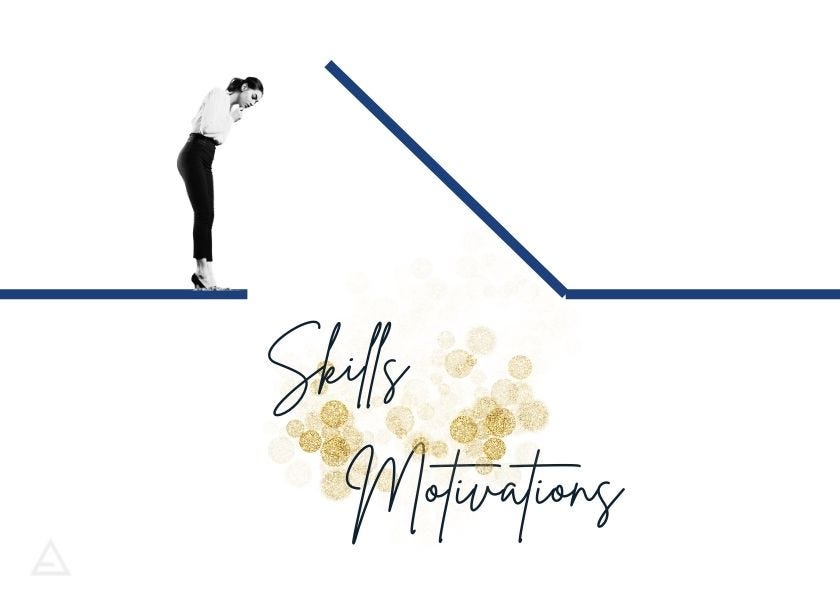What skills have you developed without realising it?
Threads
It’s easy to overlook talents we have developed outside of a formalised context - for example, skills we have developed while not ostensibly ‘learning’. Such skills might surprise us, however, in terms of what opportunities they can open up. When mapped to occupations, they can bring up jobs we haven’t thought about before or even considered we have the skills or aptitudes for.
Identifying interests that run through the activities we do regularly, or that have formed part of but not been the main focus of our jobs, can provide useful insights about skills we have developed without really thinking about it, and reveal what we’d like to do more of.
New directions
If we’re interested in something we’ll find a way to engage with it. It’s possible to do this within a job if we have a level of autonomy over it. This requires identifying something that aligns with our role but that also opens up new avenues.
Here’s an example from my own experience.
For a period of time I worked as an eAssessment Advisor to the Scottish Further and Higher Education sector. At the time new possibilities were arising for assessment due to advances in digital technologies and the focus of my role was to advise and coach staff in FE/HE institutions on effective practice in online assessment.
During my time in the role, an international competition was launched for solutions to recognise learning and skills gained anywhere. This resulted in open technical standards called the Open Badge Infrastructure to be developed by Mozilla (now stewarded by 1EdTech). Intrigued by the possibilities of this development I contributed to the shaping of the infrastructure as a community member by participating in community calls and blogging about my take on the developments to raise awareness of it for others.
This led to me connecting with a new global community of people involved in the development of digital technologies for learning, teaching and assessment. I integrated advice on this new way of thinking about skills recognition into my role and facilitated cross-sectoral discussion about it, founding a network that brought together representatives from across Scotland, including the Scottish Government, educational institutions from primary through to higher education, industry, the voluntary sector, and from Mozilla.
After a couple of years of contributing through both paid and unpaid work, I was contracted by Mozilla to work with the team that had created the Open Badge Standard to expand on the open badging developments by conceptualising and developing blueprints for badge-based pathways to employment.
This led to me developing a whole new area of experience and skills, which led to further jobs and career opportunities outside of academia, including shaping global interoperability standards for skills discovery, developing platforms and informing national and international policy. The work has come somewhat full circle as the developments also led me to re-engage with the education sector but from a different perspective, at a strategic / policy-focused level.
Learning curves
When we’re motivated by something we’ll overcome hurdles to focus on it and we’ll often embark on steep learning curves to learn more about it or become proficient at it.
The new developments I incorporated into my role as described above created additional work for me because I had to learn about entirely new topics, and that learning had to be fitted in on top of the requirements of my job. The payoffs were worth it, however, because of the opportunities the learning and experiences opened up in my career. My new skill sets enabled me to change direction and focus on areas that I was curious about and enjoyed working on.
Stealth skills
So that has been my experience of gaining skills without intentionally setting out to do so.
What skills have you developed by stealth - unintentionally or without realising it?
Through your jobs and the activities you do regularly
you have developed skills you haven’t articulated before.







